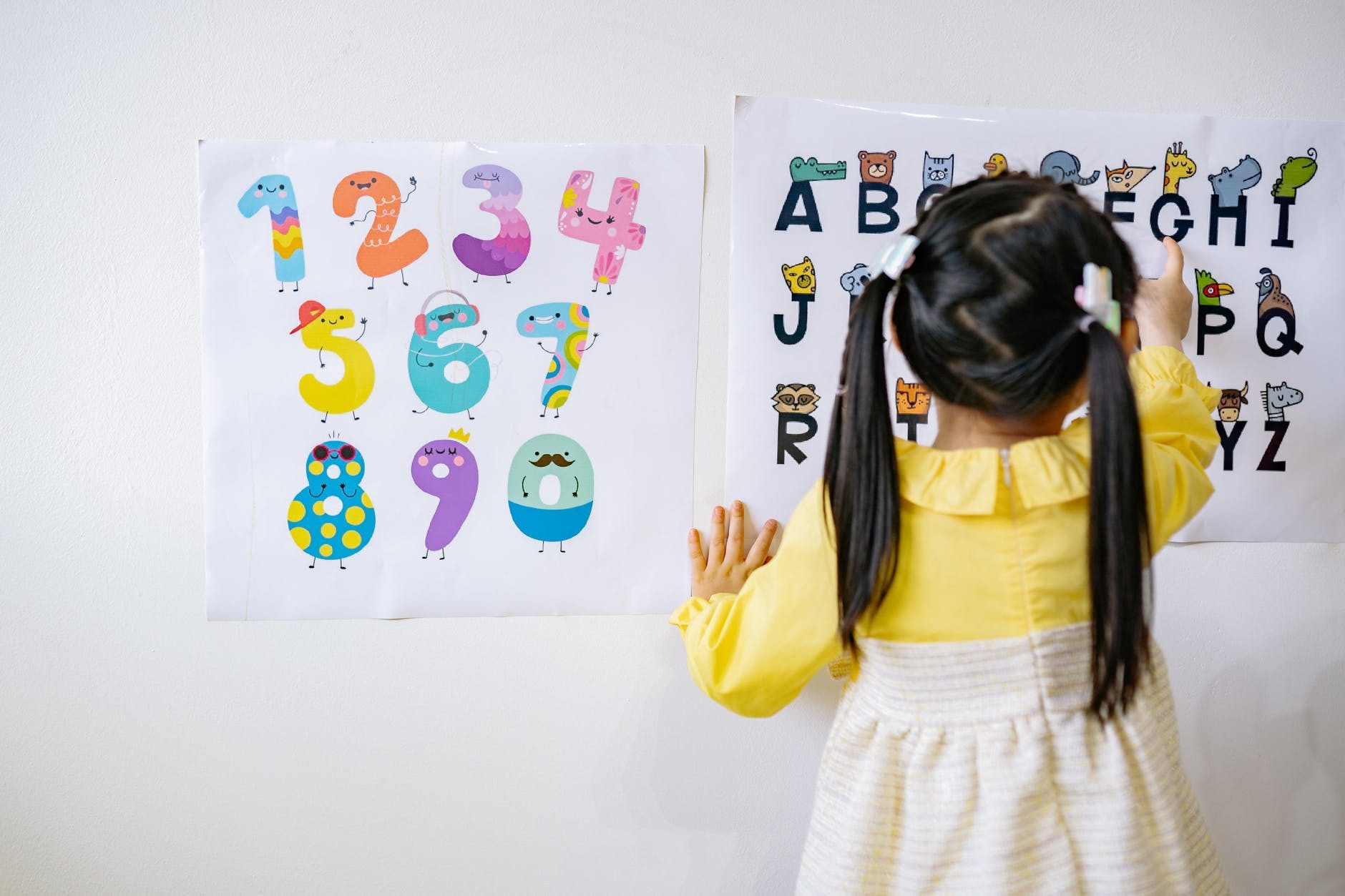
Singapore is renowned globally for its excellent system of education. With so many childcare centers, choosing the right preschool for your child will go a long way in their future school years.
The preschool selection process can get intense, especially if you’re conflicted between local versus international preschools. However, there’s never a right or wrong when it comes to deciding the best fit for your child.
A good preschool encourages young ones to have a strong sense of identity. Hence, your decision regarding the preschool you enroll your child in shouldn’t be taken lightly.
Why is Preschool Important?
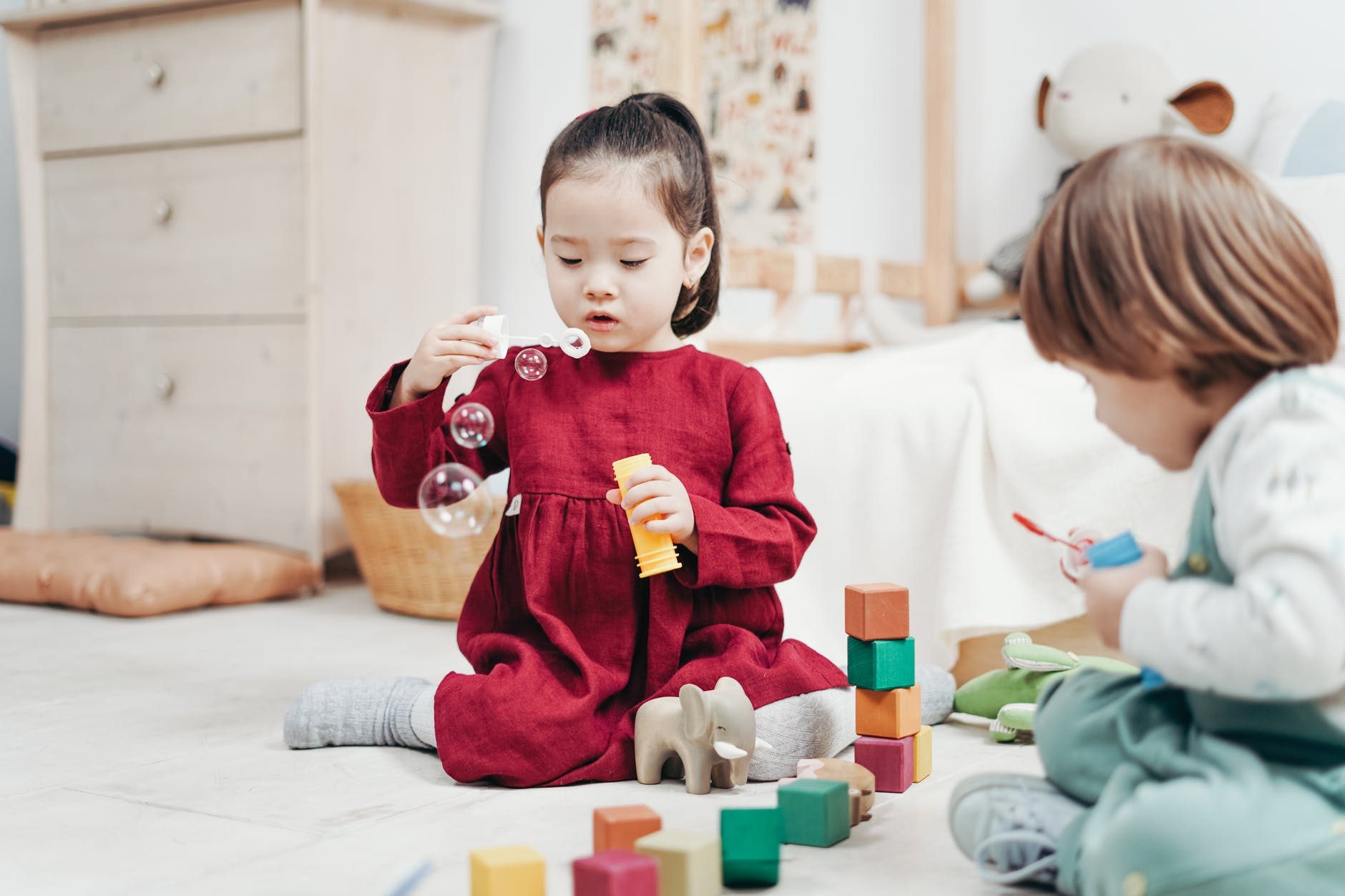
According to recent studies, childhood education plays a pivotal role in developing children’s cognitive abilities. It also enhances behavior like following rules, getting along with others, sharing, putting things back in the right place, and playing together.
Such values and social skills will help a person throughout life. A preschool is where children develop their social, motor, language, and basic academic skills before joining kindergarten.
Additionally, preschool teachers help children grasp language capabilities by asking interesting questions and introducing new vocabulary.
Things to Consider When Choosing a Preschool in Singapore
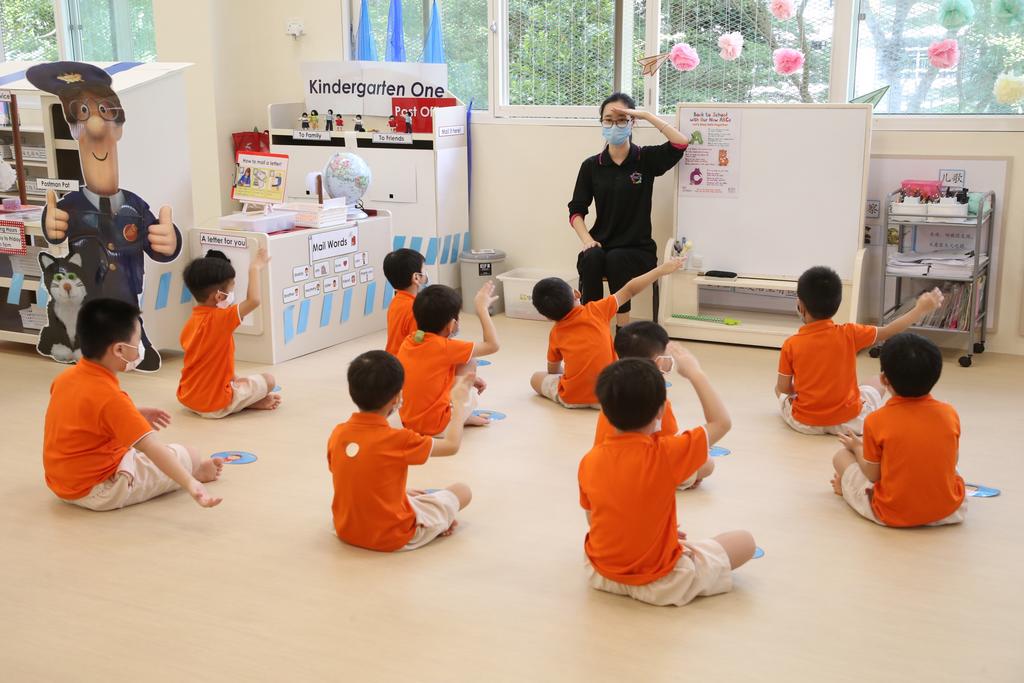
The best preschool is one that feels right for your child. Always consider your child’s individual needs.
Cost for learning
How much will you pay per month? Private and government preschools have different pricing. Most parents would want to know the school fees before enrolling their child.
Location
Is the preschool close to where you stay? Making your child attend school on the other side of the island isn’t a good idea. You’ll both be tired because you will have to drop them off in the morning and pick them in the evening.
Child-to-teacher ratio
How many children are in each class? The Early Childhood Development Agency (ECDA) has set guidelines regarding the teacher-to-child ratio for all childcare center levels. Have a preschool checklist to guide you on smaller or bigger class sizes.
School hours
How many hours does school last? Preschools in Singapore have full-day programs (7 am – 7 pm). The difference is some don’t have half-day programs. Before enrolling your child in a preschool, look into the program that works best for you.
Curriculum
What programs does the preschool offer? While preschools will have a specific education system – IB Primary Years, Reggio Emilia, or Montessori – others will opt for adjustable playing and learning. Choose what your child can blend with comfortably.
Facilities found in the school
What facilities are in school? Preschools should be well equipped with facilities to encourage creative learning. They can include a play area with the appropriate playing material where children can run, play ball, and ride bicycles. It can also have a sleeping area for children to take naps.
Language program
Which languages does the school teach? With Singapore’s preschool curriculum, ask the school administration whether it includes Mother Tongue in their program.
The Best Tips for Choosing a Preschool for Your Child

1. Visit in Person
When choosing a preschool, having a phone call with the administration or going through its website won’t provide all the information you want. Currently, preschools offer virtual tours because of Covid-19 restrictions as parents are no longer allowed to step into preschools.
However, if the school administration allows you to go in person, you can understand the environment better. During the tour, see how children respond to the teacher. Are they interactive? Do they answer questions openly, and how does the teacher respond to what children say?
You can also look out for cleanliness which is crucial especially in this pandemic. For example, are the nap area, play area, and toilet clean?
The World Health Organization states that a clean environment plays a vital role in the development of all children.
2. Put Your Child’s Needs First
Every child is different, and some preschools can handle the unique cases better than others. If your child has special needs, e.g., delay in development, let the school know beforehand.
Letting the school know of your child’s special needs in advance will help them decide on whether to admit your child or not. If your child has delayed development, choose a preschool that has staff trained to cater to their needs.
3. Positive and Caring Teachers
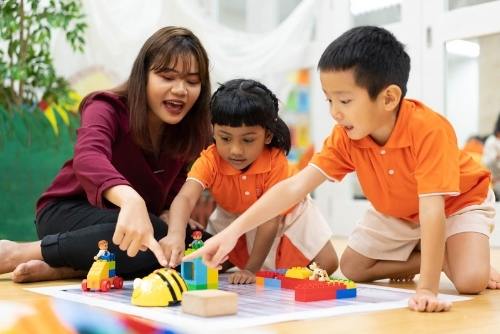
Trusting relationships will influence how children relate with others significantly. According to studies, children who have caring and positive teachers have a more advanced development.
Positive teachers are cheerful and in high spirits. When a child has teachers who show positivity, parents are at ease because they know their children are in good hands.
4. Enough Time for Physical Activities

Physical activities such as walking and running enhance early development and stimulate brain growth.
Free play allows children to expand their social competence and promotes social behavior. Children who have enough playtime will:
- Concentrate better in school
- Sleep better
- Learn to interact with other children
- Maintain a healthy body weight
- Have strong muscles and bones
5. Do Teachers Have Required Qualifications
Teachers with childcare qualifications provide better care for children in preschools. It will not only make parents feel at ease, but they also know their child is receiving the best care in school.
Apart from confirming teachers’ qualifications, parents should also check on the turnover rate of teachers in the center. Are the teachers always different? Changing teachers all the time can affect children because it takes time for children to warm up to new people.
6. Interactive and Engaging Teaching
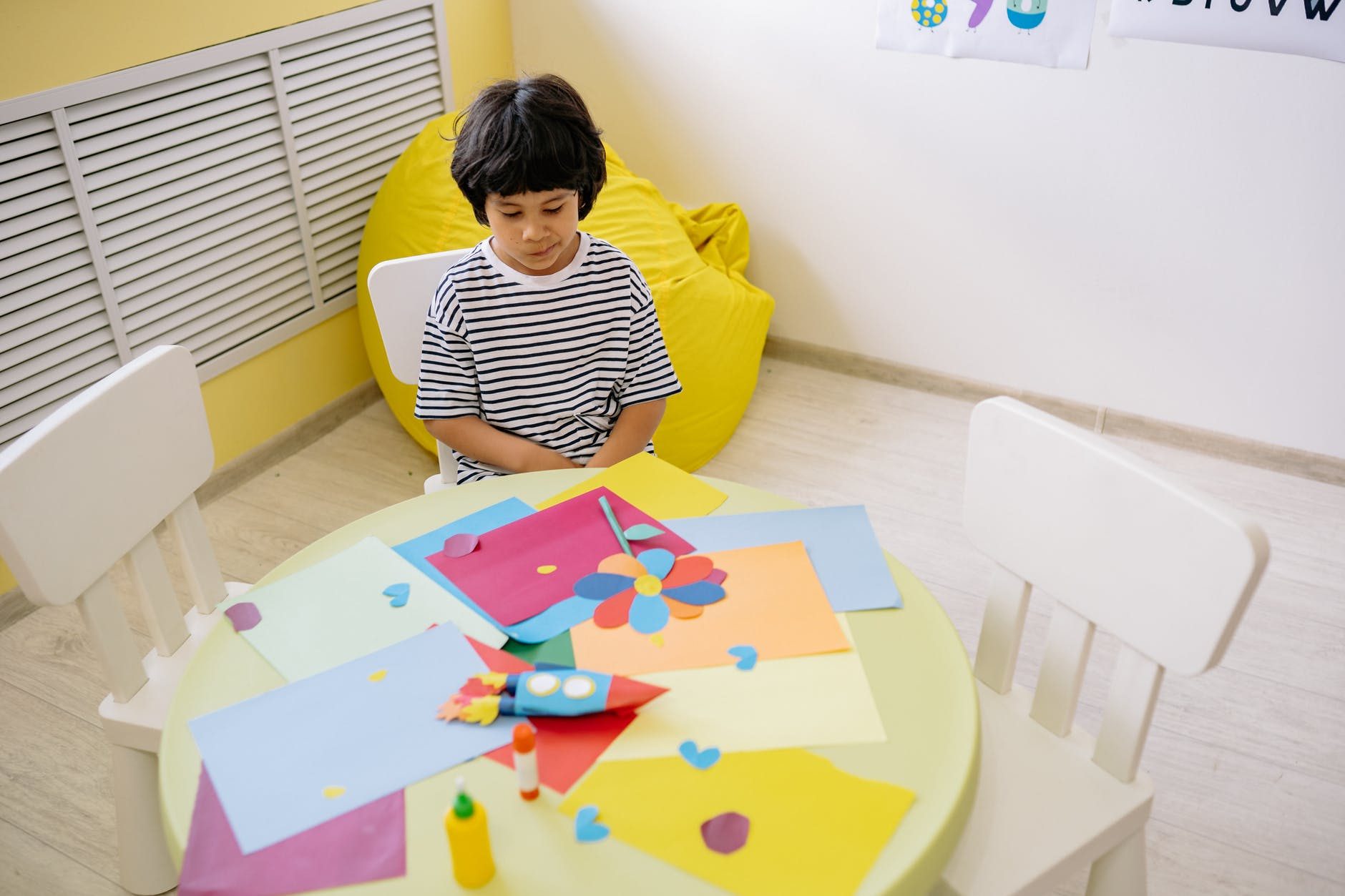
Find out how teachers interact with children during lessons. This is achievable by creating a friendly relationship with your child’s teacher.
Both you and your preschooler’s teacher have the same goal: To give your child an unparalleled learning experience.
Being friendly with your child’s teacher helps you understand your child better. You also ask the teacher questions about how they conduct lessons and how your child responds in class.
Additionally, you can ask the teacher about things you can do at home to help your child with preschool or if there’s anything you should know. Communicate with the teacher through emails, Zoom meetings, or phone calls.
Conclusion

Undoubtedly, preschools play a significant part in education, because it acts as a stepping stone regarding the education that children receive in the future.
Hence, select one that will help them succeed in their education!
